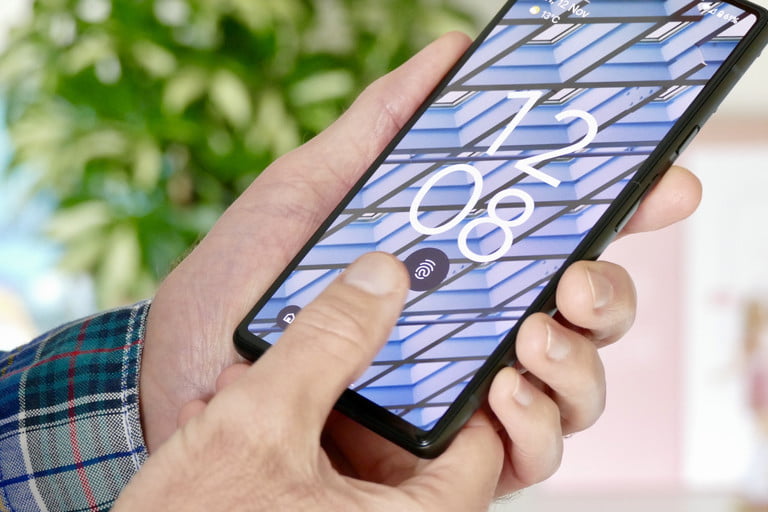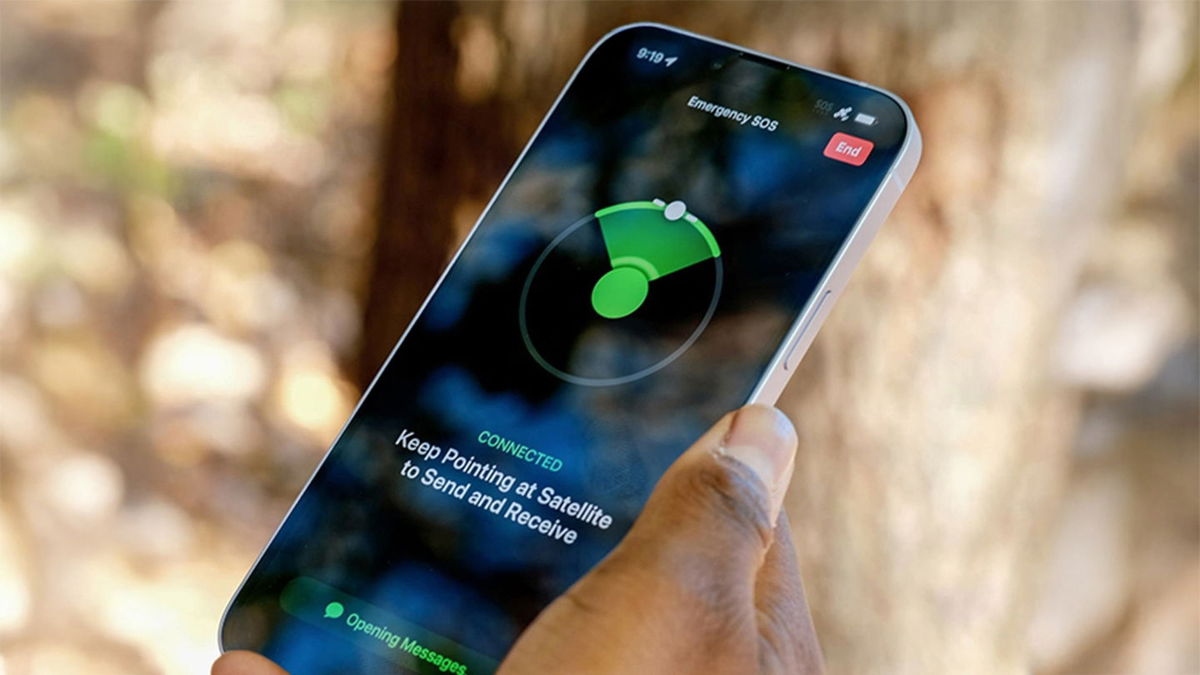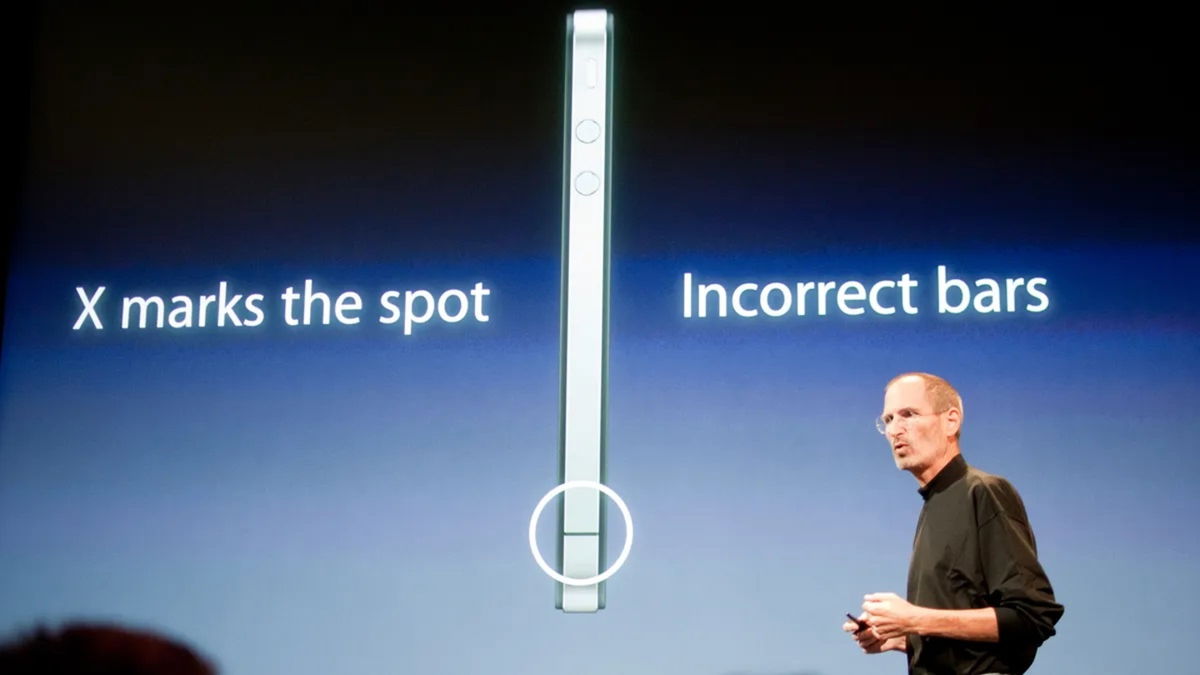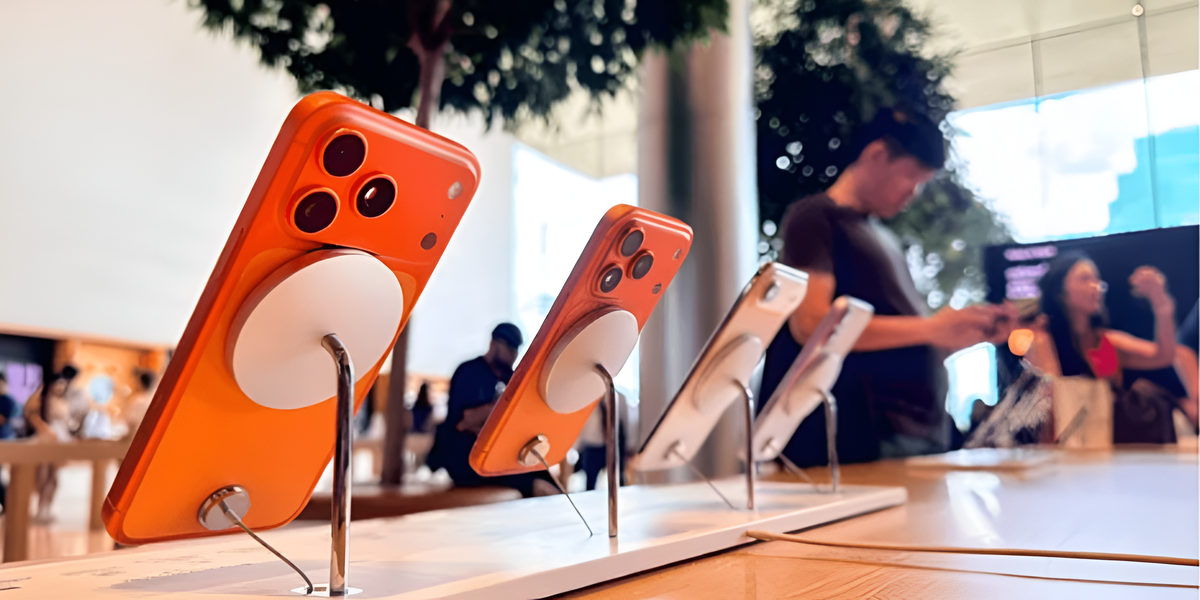The advent of digital IDs has brought new conveniences, but also some privacy dilemmas. As more states in the United States implement digital systems that allow driver’s licenses and ID cards to be stored on mobile phones, such as Apple Wallet on iOS or Google Wallet on Android, an important question arises: Should you hand over your mobile phone to the police if they ask you to? Answer No. But why? Below we will analyze this problem.
The rise of digital IDs
More and more states, including California, Arizona and Colorado, are allowing residents to store their digital identities on their phones. These digital IDs can be used at airports and businesses, but not necessarily when interacting with police. However, some states, such as Colorado, have introduced digital IDs that can be used in situations such as traffic stops. This suggests the trend could continue to grow, especially considering Apple’s vision for Apple Pay is to replace the physical wallet entirely. This will make it more likely that officers will ask for cell phones as a means of identification in more everyday situations.
This advancement, while practical, poses a problem: Cell phones contain much more than just your identification. Giving access to your phone, even to show simple identification, gives authorities access to a significant amount of personal information that could be used in ways you might not expect.
Risk of handing over an unlocked mobile phone
The problem is the risk of handing over an unlocked cell phone. If you give up your phone, even voluntarily, you may be agreeing to a test that goes beyond what you would expect. As Brett Max Kaufman, an attorney for the American Civil Liberties Union (ACLU), explained, handing over an unlocked phone can open the door for officers to examine other aspects of your device, which can lead to unexpected consequences.

“There have been cases where people agreed to do one thing, and the police then took the entire phone, copied all the contents and found other evidence on it. “The legal question that arises in court is: Did this violate the scope of the consent given?” Kaufman told The Verge.
In 2014, in the case Riley v. CaliforniaThe US Supreme Court has ruled that law enforcement needs a warrant to search a cell phone. However, if you give it voluntarily, it creates a legal gray area regarding the scope of your consent.
You can be sure that there is nothing compromising on your mobile phone, but this is not the only thing you should pay attention to. There are complex laws that you may not be aware of, and an officer or prosecutor could interpret the information on your device in a harmful way. Additionally, mistakes or coincidences can put you in a difficult situation without you even realizing it.
Use of biometrics and the right not to incriminate oneself

Another aspect to consider is the use of biometrics to unlock your phone. Some courts have ruled that law enforcement can force you to unlock your device using your fingerprint or facial recognition because it is not considered protected “witness” evidence. Although passwords are protected by the Fifth Amendment with the right against self-incrimination in the United States, biometrics are not protected in some cases.
This means that if you hand over your phone, you’re not only giving away access to your ID, but potentially all the information stored on your device, including messages, photos, apps, and more.
It is better to hand over your physical ID. 
Given the legal and privacy risks, the recommendation is clear: Always carry a physical ID with you and hand it over instead of your phone. While digital IDs are useful, you shouldn’t rely on them alone.
Apple and Google’s systems have some minor security measures: They allow you to show the encrypted ID without completely unlocking the phone, and some authorities can scan it wirelessly if they have special readers. However, you probably don’t want to risk the officer asking you to unlock the device or examining it more than necessary.
It is much safer to hand over a physical ID to prevent your privacy from being violated. As citizens, it is important for us to protect our rights and understand the risks associated with the use of technology in legal interactions.
Source: Digital Trends












